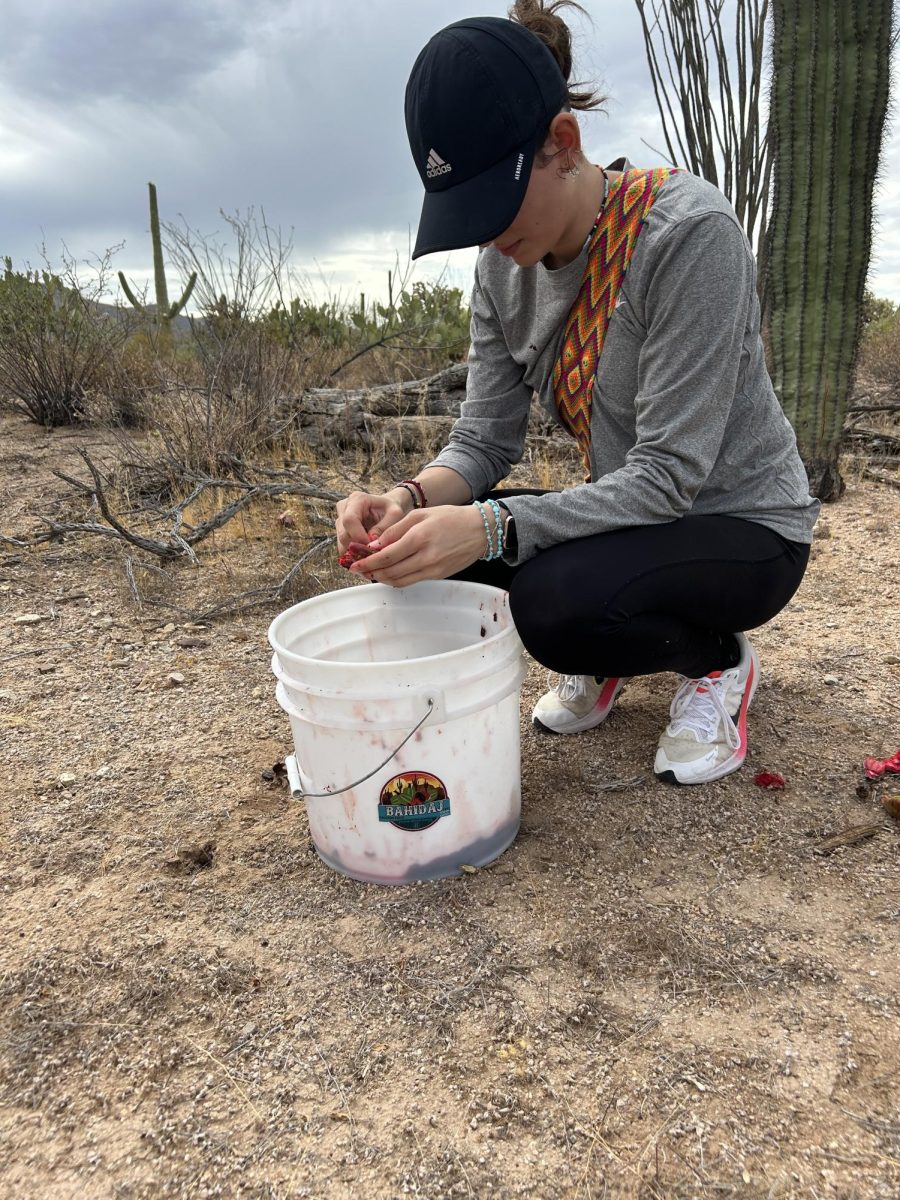I have spent the entirety of my academic journey figuring out how to overcome my learning disabilities. My ADHD and dyslexia have made many aspects of our education system extremely difficult, and I have had to work hard to adapt to the expectations and structure of American education. But with the pandemic pushing University of Arizona classes online, I have lost much of the usual structure necessary for my educational success and been left scrambling to adjust to a brand new mode of learning.
Since the move to online, my ability to pay attention in class has gone into sharp decline. It is nearly impossible to stay organized without the structure of in-person classes, and I find I have to re-teach myself almost everything I learn because I can’t absorb any information over Zoom. Examity proctors almost never get my testing accommodations right, and many of the resources I usually use to help with my disability have become much harder to access online.
I am not alone in the struggles of an online format. For many students with learning disabilities, online school has brought an array of new challenges. Ob Nelson Bube, a UA film and television junior with a psychology minor, said that he’s noticed a big impact on his learning since the move to online.
Bube has dyslexia, ADHD, generalized anxiety disorder and a stutter that greatly affects his communication. “Learning through Zoom is harder; it’s actually twice as hard. Because of my ADHD, I can’t really focus through a computer, being seated in the same place. It’s hell for people with ADHD, it’s just terrible,” he said.
Bube is a member of the Strategic Alternative Learning Techniques Center and has utilized their services extensively throughout his time at the UA. Before the pandemic, he spent nearly every day inside the SALT writing lab and tutoring center. With the SALT Center’s building closure, “I lost a huge chunk of my support,” Bube said.
The distance that Zoom brings has also made it difficult for Bube to ask questions in class and connect with his professors. He said he feels extremely uncomfortable turning on his microphone in class because of his stutter and finds it harder to ask questions after class because of the nature of the Zoom classroom.
“Through Zoom it’s like, if I ask them a question after class, there’s still some people who are still there waiting to ask another question. I don’t want to turn on my voice because what if I stutter? What if I look like a fool or something or what if I don’t really feel comfortable doing that? So it’s definitely harder to reach out,” Bube said.
Many of the skills that Bube has picked up in order to succeed in school do not transfer to the online setting and so he has had to find new strategies to cope. In between his online courses, he walks to different locations in order to get out energy and help him stay focused in his next class.
“I’m still walking around campus during this time because I still want to think that I’m still in school and I still want to have that type of feeling of motivation,” Bube said.
Bube has met the challenge of online school with vigor and has found new ways to deal with his learning disabilities.
“Even though it’s twice as hard, I still found ways to deal with it,” Bube said.
Conner Heros, a literacy, learning and leadership sophomore, is a SALT center student with cerebral palsy. While he said that in the beginning, online school was difficult to manage, he has noticed some benefits to the online schedule because he no longer has to commute to and from class.
“I’ve actually had a lot more time during the weekend to rest, so that’s been an unexpected advantage of it,” Heros said.
Heros added that he’s noticed he’s had less need for some of his accommodations such as extended time on tests because of the changed format of his classes. “It’s the same process in terms of accessing the accommodations, but they’re just not as necessary because of the different ways that online classes are structured.”
Barbara Borich, the senior access consultant at the Disability Resource Center, said she’s been impressed by students’ ability to rise above the new challenges online.
“I think all students are resilient, and I think when change happens and we’re forced to change, good things can happen out of it,” Borich said.
Despite the new skills picked up by students with learning disabilities in the face of online learning, many are eager to get back in the classroom. Bube expressed that he’s really just holding out until in-person classes start back up again.
“I prefer in-person learning because as a person who has a learning disability, I’m losing a lot of my understanding in things I learn,” Bube said.
Follow Tia Stephens on Twitter.















